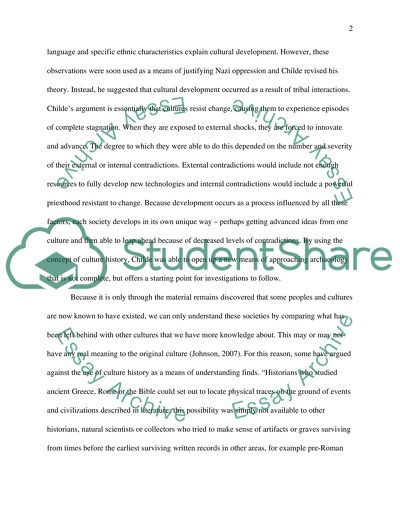Cite this document
(“Culture History Essay Example | Topics and Well Written Essays - 1000 words”, n.d.)
Retrieved from https://studentshare.org/culture/1571729-culture-history
Retrieved from https://studentshare.org/culture/1571729-culture-history
(Culture History Essay Example | Topics and Well Written Essays - 1000 Words)
https://studentshare.org/culture/1571729-culture-history.
https://studentshare.org/culture/1571729-culture-history.
“Culture History Essay Example | Topics and Well Written Essays - 1000 Words”, n.d. https://studentshare.org/culture/1571729-culture-history.


